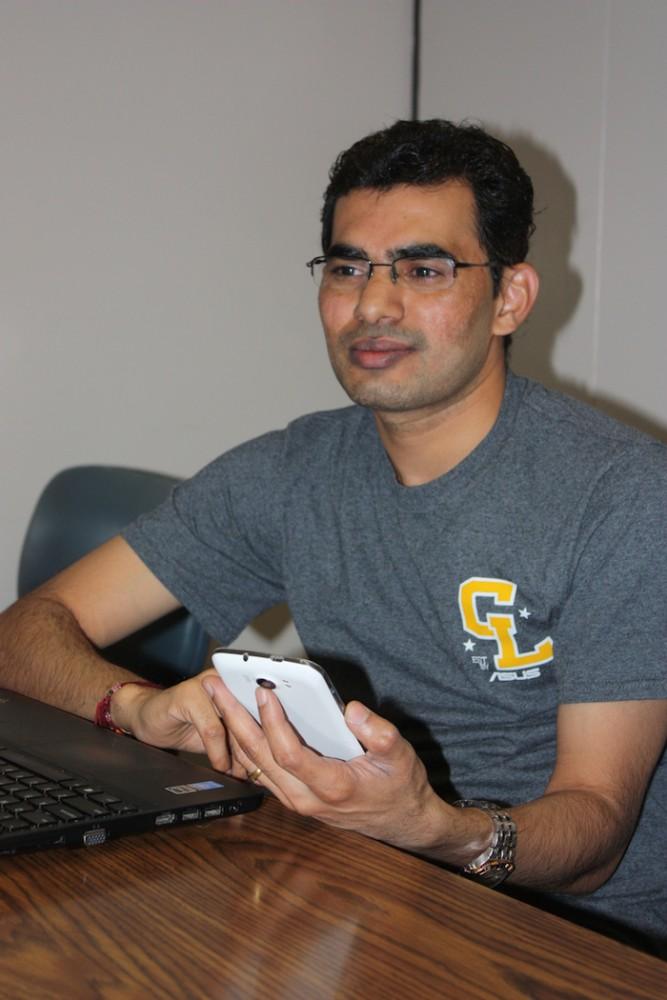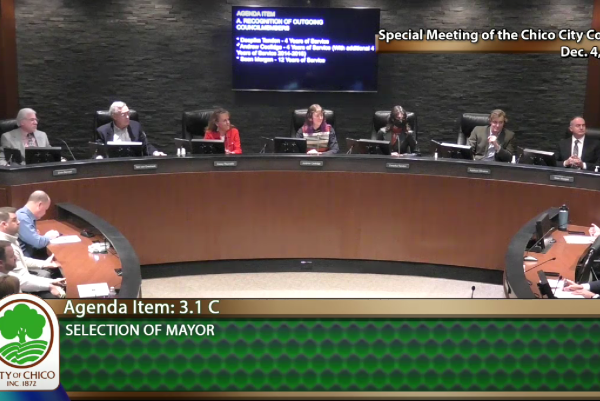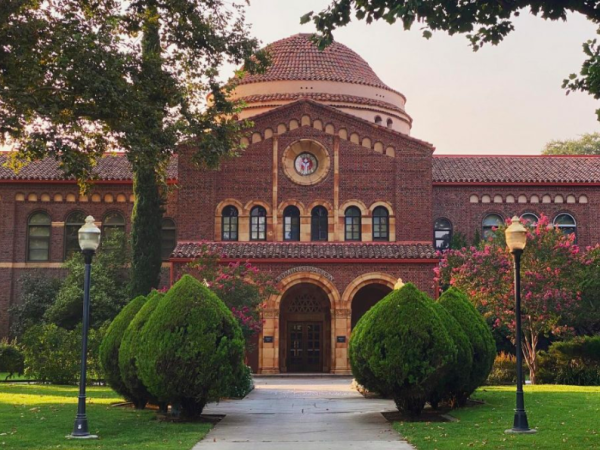International students face culture shock

One may believe that language is the most difficult barrier to overcome when traveling to America, but there are many obstacles that international students experience when traveling to another country for school.
According to recent statistics, around 900,000 international students studied in the United States, a number that has grown by 72 percent since 2000. Many of these students come from diverse backgrounds, customs and cultures. However, when exposed to a Westernized culture, they may experience a variety of barriers and obstacles to assimilate into society.
Culture Shock
Culture shock is the confusion and agitation one encounters when being in a foreign place. There are five stages one may confront when experiencing culture shock in an unfamiliar setting. These include:
- Honeymoon stage: when one is fascinated with the new culture
- Disenchantment period: when one may experience disappointment with the host culture
- Adjustment stage: where one begins to accept the new culture and begins trying foods and accepting different kinds of humor
- Adaptation stage: when one begins to feel at home in the new culture
- Re-entry shock: when one may experience excitement to go back home, but will also face further adjustment when arriving home
“The biggest culture shock I had was the American students behavior,” said Yun Hyeong Bin, senior environmental science major. “A lot of students were eating, drinking and the relationship between the students and professor is friendly.”
Hyeong Bin is from South Korea. He explained that the relationship between professors and students in his country is strict. A South Korean student may not make direct eye contact with a professor out of respect.
Students do not raise their hand during class to ask the professor questions, he said.
He is also sometimes confused when he sees Chico State students not carrying an umbrella when it rains. In his country every person carries an umbrella, Hyeong Bin said.
Additionally, in South Korea, a person of a lower status must bow to the person of a higher status, he said. That is considered a cultural norm.

Language Barrier
Another obstacle international students may face is language barriers. A simple form of communication can become a strenuous hassle for students, said Gangadhar Yelwande, senior computer science major.

Yelwande is from India and knows three languages. However, he is currently having a hard time learning English to attain a job. He has been to various job interviews, but struggles each time with communication, he said.
He knows he is a promising candidate, but says the English barrier prevents him from showing his full potential.
“I am facing problems trying to speak to people because English is not my mother tongue,” Yelwande said.
Communication is one thing Yelwande wants to learn more about. To combat this issue, he moved away from India and into a new country to receive the education he needs.
“I miss my family members, my Indian friends and most of all, the Indian food,” Yelwande said.
Identity Loss
Some international students have also felt the pressure to fit in when moving to the United States, said James Luyirika-Sewagudde, Jr, adviser for the International Office of Education.
“An international student may experience a loss of identity,” Sewagudde said.
He explained that international students don’t hope to make one culture seem better than the other.
“One hopes to get to the realization that one culture is not necessarily better than the other but rather, that contexts make them different, yet effective,” he said.
The student may become lost when they are bombarded with a new culture. In order to “fit in,” many times they are have to either set aside their culture or embrace it with the new one.
Many international students face obstacles that one may not realize, so when one meets an international student, greet them with the Wildcat way to ease their transition, he said.
Amanda Senior, junior photography major, said she had an easy transition from New Zealand to the United States.
The main issues she’s had with her transition to the United State is people not understanding her accent, she said. Many times she is forced to spell out what she is trying to communicate.
“I’ve felt really at home,” Senior said. “Everyone is just really friendly and open here.”
Eva Gonzalez can be reached at [email protected] or @egonza13 on Twitter.







